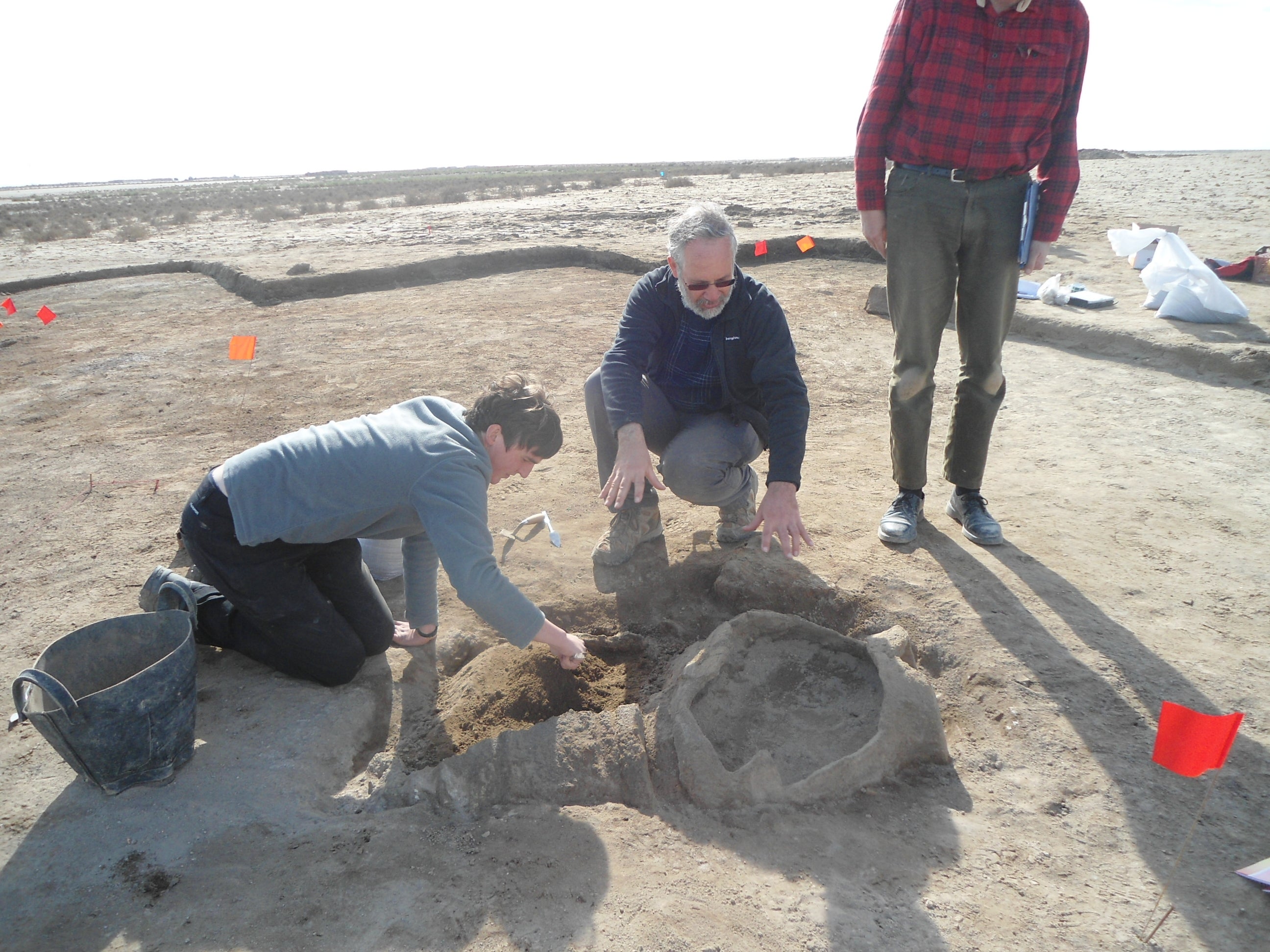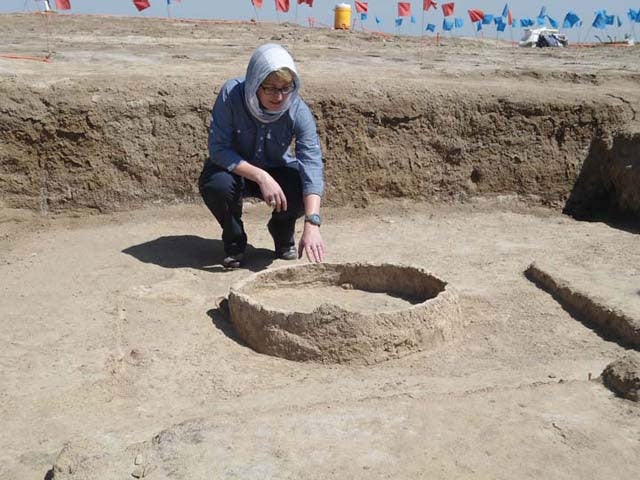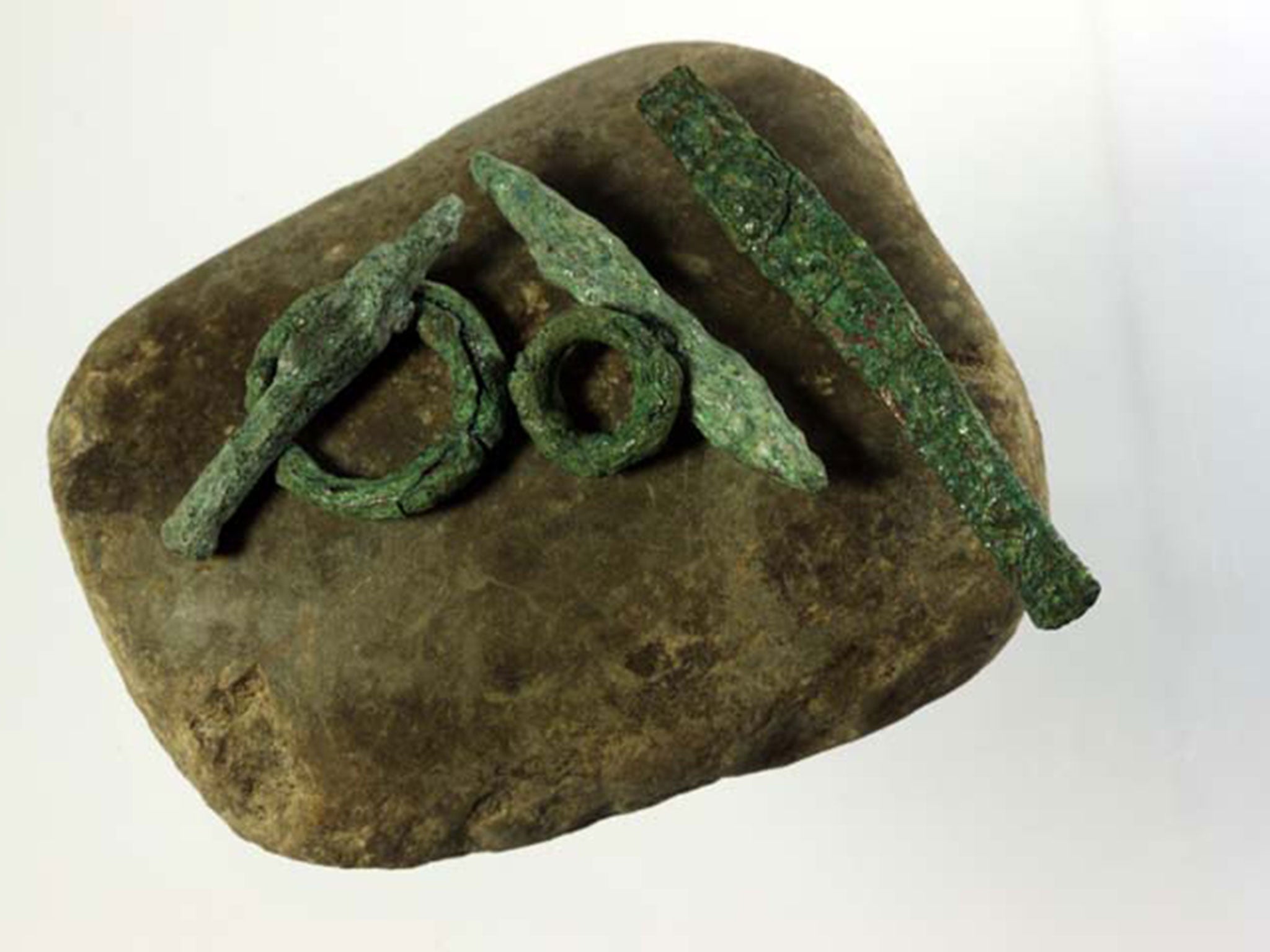Manchester archaeologists defy Isis' destruction of Iraq's cultural history by working to preserve memory of historic artefacts
'If the militants think they can erase history we are helping to make sure that can't happen'

Your support helps us to tell the story
From reproductive rights to climate change to Big Tech, The Independent is on the ground when the story is developing. Whether it's investigating the financials of Elon Musk's pro-Trump PAC or producing our latest documentary, 'The A Word', which shines a light on the American women fighting for reproductive rights, we know how important it is to parse out the facts from the messaging.
At such a critical moment in US history, we need reporters on the ground. Your donation allows us to keep sending journalists to speak to both sides of the story.
The Independent is trusted by Americans across the entire political spectrum. And unlike many other quality news outlets, we choose not to lock Americans out of our reporting and analysis with paywalls. We believe quality journalism should be available to everyone, paid for by those who can afford it.
Your support makes all the difference.A team of archaeologists from Manchester are defying Isis and its attempts at destroying all traces of Iraq’s cultural history by working in the country to preserve its artefacts.
Archaeologists from the University of Manchester have been excavating a Babylonian administrative centre dating back as far as 1500BC. The compound is located close to the site of the partially reconstructed Ziggurat, a Sumerian temple.
They conducted their near three-month dig close to the site of the ancient city of Ur as Isis launched its path of destruction across ancient Assyrian sites in Nineveh, Nimrod and Hatra, in acts UNESCO condemned as a “war crime”.
The extremist group also vandalised a church in Mosul and ransacked the city’s museum and library, looting and destroying books and manuscripts that were thousands of years old.
The team spent their time in Iraq working to ensure that while pieces may be destroyed, they are not forgotten.
"If the militants think they can erase history we are helping to make sure that can't happen," Jane Moon, archaeologist and co-director of the dig, told the BBC.
Stuart Campbell, also a co-director on the project, said people in Iraq were "devastated" by the demolishing of key historic sites.
He told The Independent: “We were very much trying to help rationalise it, not just between ourselves, but also by discussing it with Iraqi colleagues, trying to think through what the archaeological response ought to be apart from condemnation.

“We are not in the practice of taking guns and of defending places physically, so there are only two ways you can respond: by carrying on with good archaeology and continuing to dig more material at the same time as it is being destroyed, and by trying to make sure we document everything so that we preserve the knowledge of it.
“Even if we can't guarantee the pieces themselves, the memory of it will be preserved."
The team unearthed documents and evidence for a "scribal school" where civil servants from 3,500 years ago would have been trained.
"It will be a year or two of interpretation before we are sure but we think that it was a rural administrative centre for shipping goods to a palace," Prof. Campbell explained. "We found evidence of documents that related to giving out grains and flour as a form of wage."

Valuable materials like clay tablets with practice texts are now being held in the Iraq Museum in Baghdad, while other material is being held in storage more locally.
He said that the Iraq Museum could be attacked is a "concern", but stressed:"It emphasises that we need to record things so that even if the artefacts are damaged, the knowledge survives - something Isis is particularly unsuccessful in achieving.
"It also really emphasises that cultural heritage is vulnerable. Museums are being targeted in Iraq and other sites, but we don’t need to go back that far to remember museums being damaged and heritage being lost in Europe. It is a good reminder that we simply can’t take cultural heritage for granted.
“If anything, their destruction raises the profile of artefacts and historical sites online and raises awareness - there are certainly a lot more pictures of them online now."
Join our commenting forum
Join thought-provoking conversations, follow other Independent readers and see their replies
Comments